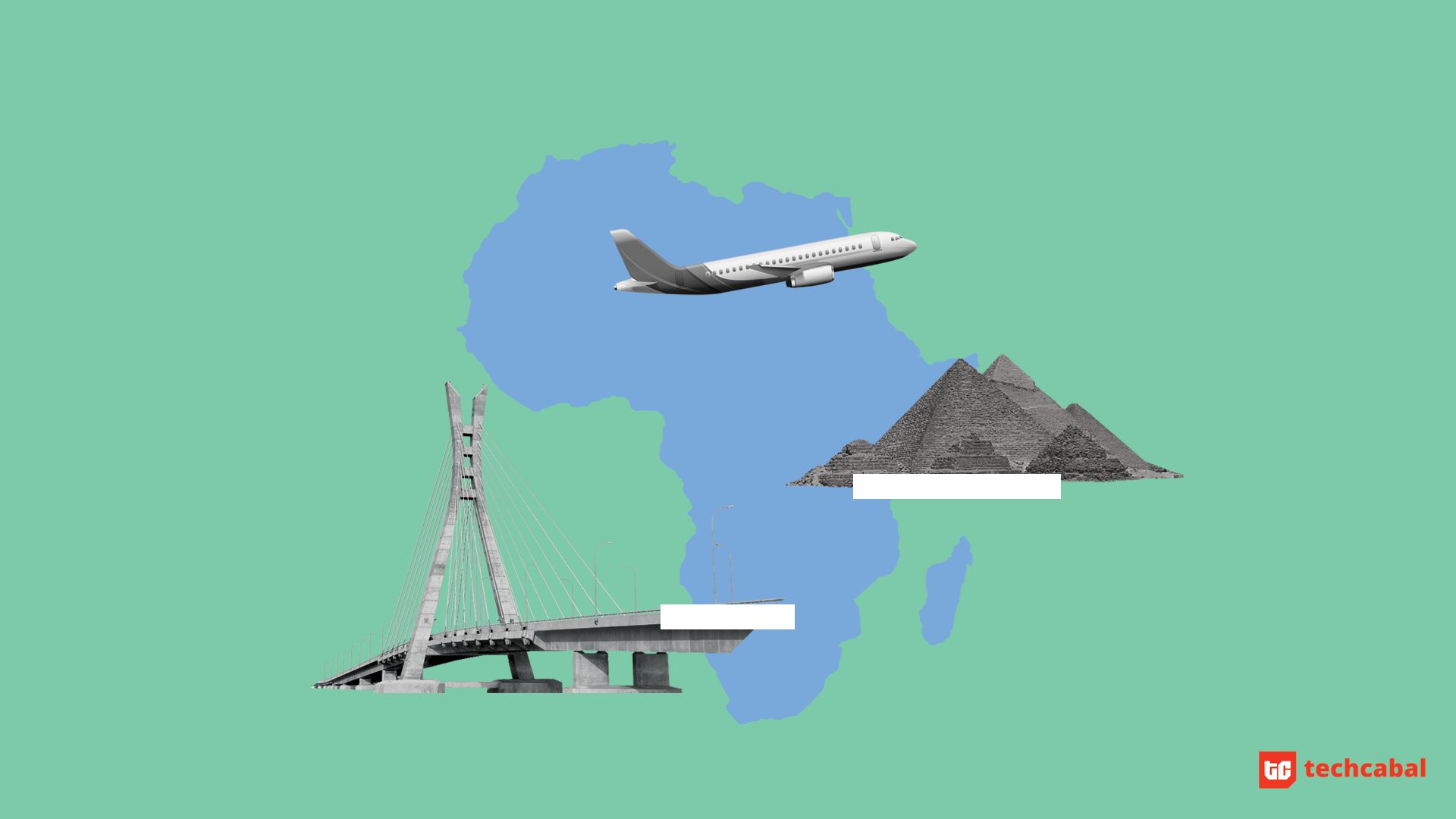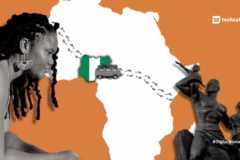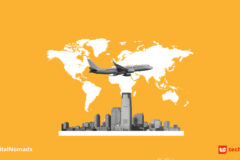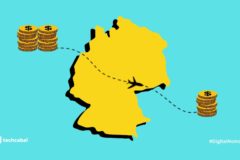In the last two months, we’ve talked to digital nomads: Nigerians living and working in interesting countries about their tech experiences.
We’ve talked about internet restrictions in countries like China and Saudi Arabia, social media taxes in Uganda and what it’s like working on an island in Mauritius.
While these experiences are different, they help us live vicariously as traveling to all these places can be pretty expensive.
Full disclosure: the subject of this story, *Martha, is an American and her experience is an interesting way to see how expatriates navigate the continent.
More importantly, she is a digital nomad who has lived in Syria, Abidjan, Lebanon and Lagos- yes you read that right.
Any mention of Syria brings the Syrian war to mind, because that’s all the country has been in the news for since 2011.
Syria is the first country where she experienced internet restrictions after the country banned Facebook.
She told TechCabal:
“You couldn’t use Facebook, and some sites were restricted. And this was back in the day when, you know, cyber cafes were still a thing. So, I would always go to cyber cafes to check my email. It was always laughable because the guys who own the internet cafe were digitally savvy and they would just use VPNs.”
But Martha’s Syria experience was a time before the war and she remembers it as an interior country like Burkina Faso.
“When I left Syria, I wanted to be a journalist. So I initially thought I wanted to get into politics. But my first job got me into business journalism.”
Martha got a job at a business intelligence service and was soon on her way to Dubai before moving to Egypt.
Digital Nomads: a timeline of cities
Don’t worry about getting lost in these cities, here’s a timeline of the cities Martha’s lived in.
“I am a digital nomad. I could really work anywhere as long as I had an internet connection.”
She was in Egypt for seven months starting sometime in 2011, a time before ride hailing services took off.
“Egypt is very inexpensive. Most countries in North Africa are the same. They also have a great metro system. So I was not getting stuck in traffic”
“Payments were mainly cash, particularly back in the day but I’m sure it’s changed now.”
At the end of her seven month stay in Cairo, Martha was on the move again in 2012, this time to Casablanca, Morocco’s biggest city.
In Morocco, Martha used Maroc Telecom and remembers it as being good and accessible. But what she found most helpful was a cafe culture.
“You know there’s a cafe culture there so you can work from cafes. I guess it really hadn’t taken off but like there are always places that had Wi Fi where you work. Same in Egypt, like Egypt I remember like it was very difficult to get internet installed. That wasn’t any fun but then when you had it up and running, I remember the service being pretty decent.”
Between all these cities, it sounds like a lot of time spent in airports and I wonder if the airports start to all feel the same after a while.
Airports across Africa
“I don’t really have anything of note to say about the airports. They’re functional but there’s not much to do there. They’re also kind of disorganized. But you know, I would say probably for Morocco and Egypt, it’s a little more orderly and it’s like clear where you have to go because they have more tourists. They just have more international travelers. But, Abidjan has quite a nice airport, you know it’s small and clean and you know where to go.”
Here’s time Ruz shared his experience in Cote D’Ivoire and how he was impressed by the airport having a defibrillator.
In Abidjan, Martha discovered mobile money and how it made paying bills easy.
“The day I discovered that I could pay my utility, and electricity bills with Orange money was a game changer. Because if not, I would have to sit at the say office of the power utility provider for like two hours just to pay my power bill”
Mobile money also means not having to go to the office of telecom providers to resolve issues.
“As long as you didn’t have to deal with Orange. I mean they’re probably the worst”
But Orange’s status as a big player means that switching networks is not as appealing as it sounds.
“I mean you essentially have MTN, 9mobile which is called Move there but you know Orange was kind of the big game in town.”
Has mobile money moved the needle in Abidjan?
How much data does $5 get you across these countries? Martha concedes she doesn’t pay a lot of attention to how much mobile data costs.
In Abidjan, for instance, she used fibre optic and paid about 45, or 50,000 francs a month ($74-$82).
Is Abidjan a Lagos that works?
“Abidjan isn’t as dynamic as Lagos.They have better infrastructure but I don’t agree with the analogy.”
“Even though there’s mobile money, it is still mostly old school. In Abidjan,payments really don’t work outside of mobile money. So, all the time I had to walk to an ATM”
In 2019, Martha’s love affair with Abidjan ended and she moved to Lagos. But her Lagos experience is sheltered but it helps to know how you can view Lagos when you work remotely.
“When people ask me how I like Lagos, you know my experience is different and very few people have the same experience.”
But what she’s most excited about is the tech scene in Lagos.
“Tech is really taking off and I love working with my clients, there’s a lot of opportunity doing what I do. I like retail banking in Nigeria and the innovation I see in it: I’m always just amazed with how easy it is to pay people here. And again, I think the retail banking sector is just great”
“I’m just always impressed by the ambition, the drive and the vision. So I’m quite excited about Nigeria for that. I don’t think there’s really anywhere else like that on the continent”
As our conversation winds down, I ask what startups she is excited about across Africa.
“So in Egypt, I would say Trella. In Morocco I don’t follow the tech scene there and on Ivory Coast. I can’t really comment, there are very few startups in Cote d’Ivoire, honestly.
“In Nigeria, I like Life Stores. They’re all about supporting pharmacies and mass market pharmacies”
In the end, she rates Nigeria 6 or 7 on a 1-10 scale of her tech experiences and rates Abidjan, where she spent six years a 2 or 3.
It seems unfair to rate Egypt, given that tech was still far behind when she lived and worked there.
Postscript: We’ve been shopping around for a name for this series for a few weeks now. Someone suggested “Outside Life”, which was funny but, my conversation with Martha helped.
How’s “Digital Nomads” as a name for this series?
Let us know what you think!
*The interviewee’s name has been changed at her request.
Looking to share your tech story? Send me an email: Muyiwa@bigcabal.com





















